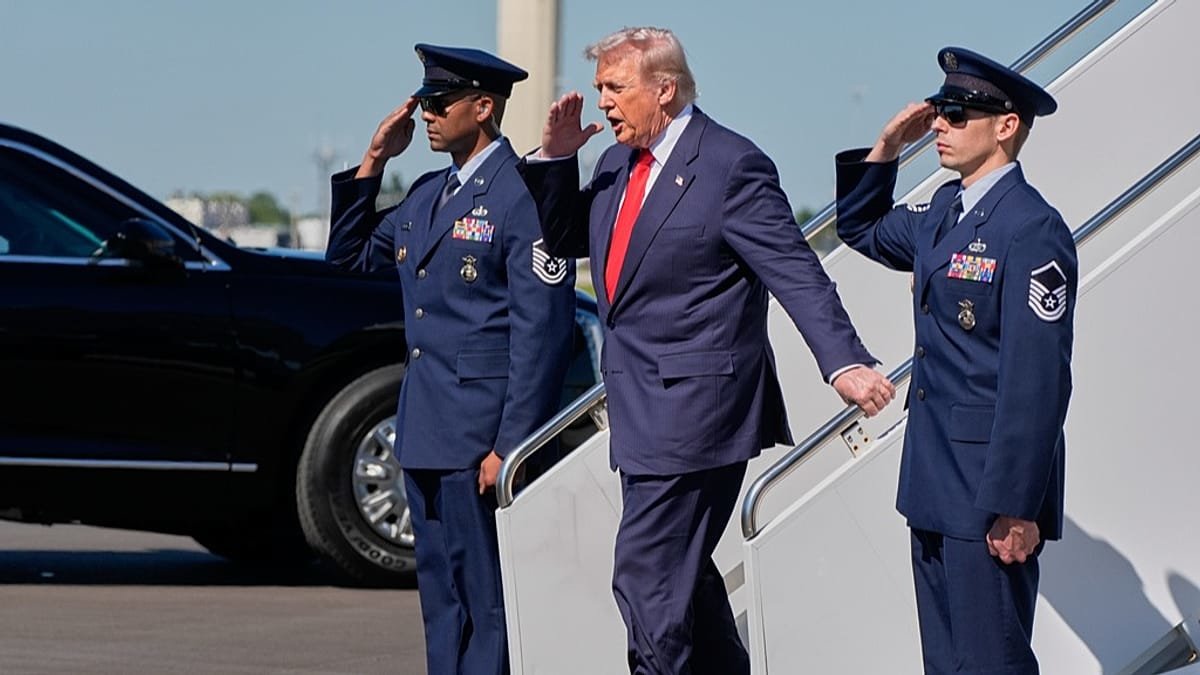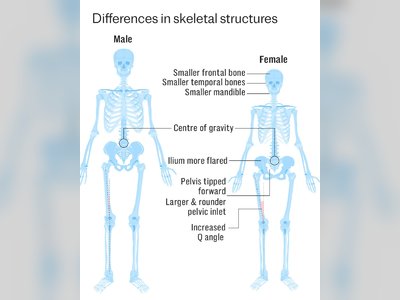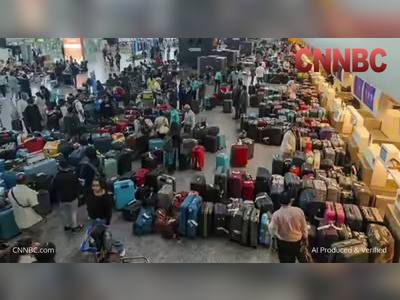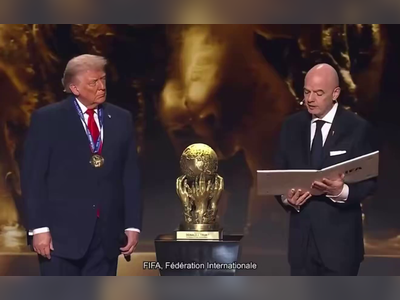
White House Defends Caribbean Boat Strikes as Outside War Powers Resolution
Justice Department backs President Trump’s campaign against smugglers, saying War Powers law does not apply
The White House has affirmed that lethal strikes conducted by U.S. forces against vessels suspected of drug-smuggling in the Caribbean Sea fall outside the parameters of the 1973 War Powers Resolution.
According to the Department of Justice’s Office of Legal Counsel, the actions do not count as “hostilities” under the law because they involve unmanned drones launched from naval vessels in international waters and do not risk U.S. personnel.
In a statement, a senior administration official said the targeted operations were “precise strikes conducted largely by unmanned aerial vehicles launched from naval vessels in international waters at distances too far away for the crews of the targeted vessels to endanger American personnel.” The Justice Department opinion was reportedly communicated to Congress this week in the context of more than 14 drone strikes since early September, which have killed at least 62 individuals.
While the Trump administration contends that the War Powers Resolution does not apply, congressional members from both parties have raised concerns.
Democratic legislators introduced resolutions to restrict further strikes unless Congress approves, arguing the legality and transparency of the operations remain unclear.
Senate efforts to block continued operations failed to advance.
Legal experts remain divided.
Some maintain the administration’s legal rationale aligns with previous executive branch interpretations under prior presidents.
Others argue that treating suspected narcotics-traffickers as combatants without clear congressional authorisation sets a dangerous precedent.
The operations mark a new chapter in the campaign to disrupt drug flows into the United States.
By classifying the activity as military rather than strictly law enforcement, the administration emphasises its willingness to use force beyond traditional interdiction efforts.
As the campaign proceeds, Congress faces growing pressure to define limits of executive power when authorising attacks in international waters or against non-state actors.
According to the Department of Justice’s Office of Legal Counsel, the actions do not count as “hostilities” under the law because they involve unmanned drones launched from naval vessels in international waters and do not risk U.S. personnel.
In a statement, a senior administration official said the targeted operations were “precise strikes conducted largely by unmanned aerial vehicles launched from naval vessels in international waters at distances too far away for the crews of the targeted vessels to endanger American personnel.” The Justice Department opinion was reportedly communicated to Congress this week in the context of more than 14 drone strikes since early September, which have killed at least 62 individuals.
While the Trump administration contends that the War Powers Resolution does not apply, congressional members from both parties have raised concerns.
Democratic legislators introduced resolutions to restrict further strikes unless Congress approves, arguing the legality and transparency of the operations remain unclear.
Senate efforts to block continued operations failed to advance.
Legal experts remain divided.
Some maintain the administration’s legal rationale aligns with previous executive branch interpretations under prior presidents.
Others argue that treating suspected narcotics-traffickers as combatants without clear congressional authorisation sets a dangerous precedent.
The operations mark a new chapter in the campaign to disrupt drug flows into the United States.
By classifying the activity as military rather than strictly law enforcement, the administration emphasises its willingness to use force beyond traditional interdiction efforts.
As the campaign proceeds, Congress faces growing pressure to define limits of executive power when authorising attacks in international waters or against non-state actors.












